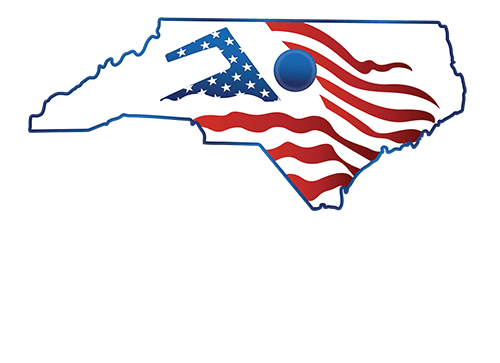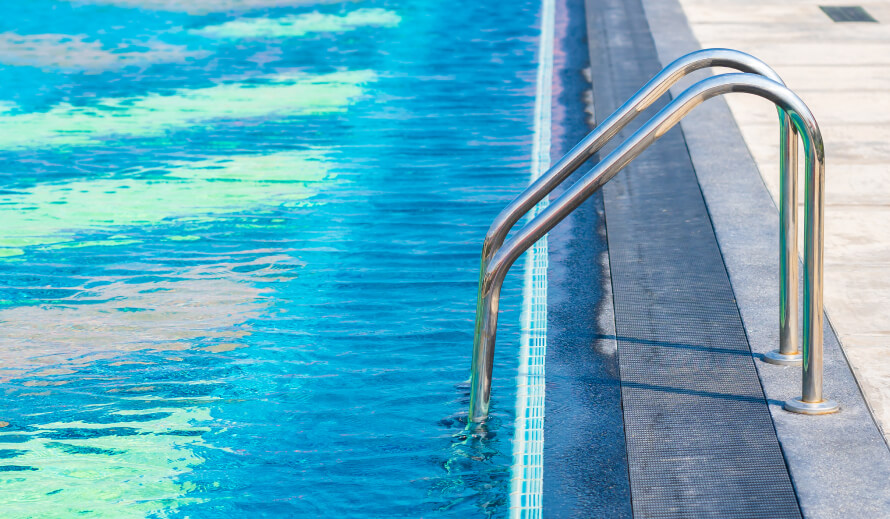Maintaining crystal-clear and healthy pool water is a top priority for every pool owner. While traditional chlorine and bromine systems are common choices, many are exploring alternative methods for pool sanitation, such as pool ionizers. In this article, we’ll delve into what a swimming pool ionizer is, its cost, and the pros and cons of using this innovative approach for keeping your pool water safe and inviting.
What is a Pool Ionizer?
A pool ionizer is a device that uses mineral ions, typically copper and silver, to sanitize pool water. It works by releasing positively charged ions into the water, which then attach to and neutralize harmful microorganisms like bacteria and algae. Here’s a closer look at how pool ionizers function:
Ion Dispersion: The pool ionizer disperses copper and silver ions into the water through an electrode or cartridge.
Ion Attraction: These ions seek out negatively charged contaminants, such as algae and bacteria.
Neutralization: Once attached, the ions neutralize these contaminants, preventing them from reproducing and effectively sanitizing the water.
Immerse yourself in the aquatic paradise of our pools
Pros of Using a Pool Ionizer:
- Low Chemical Usage: Pool ionizers reduce the need for chlorine or other harsh chemicals, resulting in milder water that is gentler on the skin and eyes.
- Algae and Bacteria Control: Ionizers effectively control the growth of algae and bacteria, reducing the risk of pool water contamination.
- Reduced Skin and Eye Irritation: Swimmers often experience less skin and eye irritation when swimming in ionized water compared to water treated with chlorine.
- Eco-Friendly: Pool ionizers are considered a more environmentally friendly pool treatment method, as they reduce the use of harsh chemicals and chlorine byproducts.
Cons of Using a Pool Ionizer:
- Initial Cost: The upfront cost of a pool ionizer system can be higher than traditional chemical treatment methods.
- Requires Monitoring: While pool ionizers reduce the need for chlorine, they still require monitoring and occasional adjustments to maintain proper ion levels.
- Not Effective for Shock Treatment: Pool ionizers are not suitable for shock treatments, so in some cases, proper chlorine may be needed.
- Not Ideal for Heavy Contamination: In pools with significant contamination, such as a high number of swimmers, a pool ionizer may not be as effective as chlorine.
Conclusion:
Pool ionizers offer an innovative and eco-friendly approach to pool sanitation. They can reduce the need for harsh chemicals, provide a more comfortable swimming experience, and help keep your pool water clear and safe. However, the initial cost and the need for ongoing monitoring are factors to consider. To determine if a pool ionizer is the right choice for your pool, it’s advisable to consult with a pool professional. At CPC Pools, we’re here to provide expert guidance and support in making the best decision for your pool’s health and maintenance.
This concludes our article on pool ionizers. If you have any questions or need further information, feel free to reach out.

